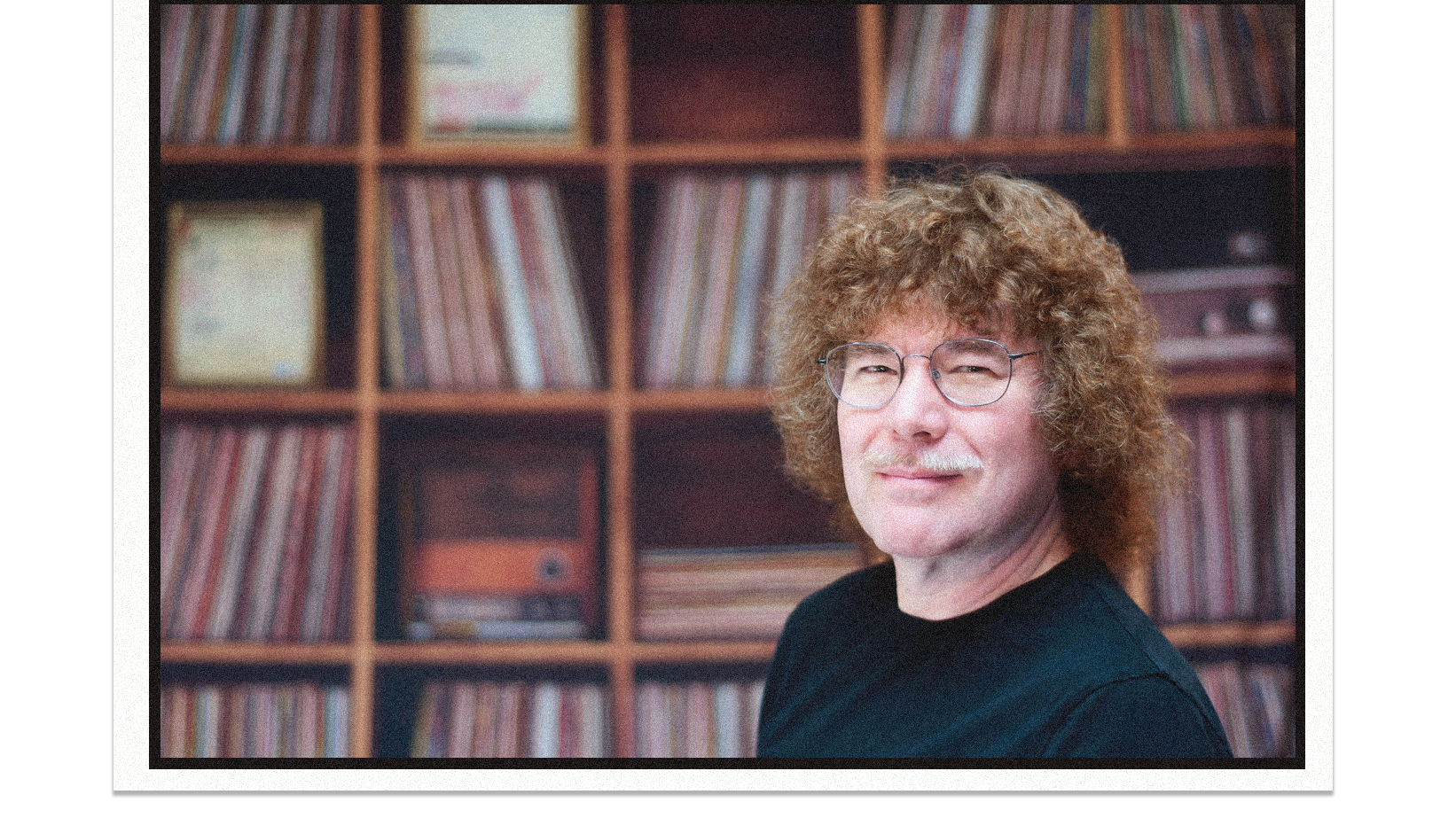A single night can change your life. Terry Currier wasn’t much of a music fan when he moved to Portland in 1972. But at his first concert—Leon Russell and the Shelter People at the Memorial Coliseum—he heard his calling.
“I became a sponge,” Currier says. “I wanted to learn everything about music.”
In 1984, he got a job at the struggling Music Millennium record store chain, which at the time had four locations and daunting debt. For three years, he and store founder Don MacLeod worked to get the company on a firm footing, and Currier eventually bought the business.
“I’m a music fan, first off,” Currier says. “I think from a music fan’s perspective. What would I like to see?”
Before the internet, record stores were an indispensable part of the music scene. You went there to meet your people and find your sound. Flipping through the albums, gazing at the posters, checking out the new releases, hunting for that early Ultravox reissue. You could chat up the cute guy in the next aisle, make plans to see the band playing over the speakers, or watch sessions of local and touring musicians.
It’s been a rocky and rolling ride. At the turn of the century, the U.S. boasted 7,500 record stores. Then Napster turned the music business upside down. By 2007, the number of stores had dropped to 1,800.
But thanks to a resurgence of interest in vinyl, and smart business moves, record stores bounced back. They now number close to 3,000.
Currier keeps customers happy by not thinking of the business as simply retail. “We always pictured ourselves as more than just a place to shop for music. We want to give people an experience,” he says.
Today, MM offers contests, giveaways, listening parties, live performances, and special events to get people in the door.
Since 1989, the store has hosted more than 4,500 live performances. “That wasn’t something record stores did across the United States,” Currier says, “but I wanted to give customers an opportunity to see artists in a small, intimate way.”
Music Millennium has showcased everyone from Randy Newman to Soundgarden and John Prine and celebrated five album releases with Steve Earle.
And employees are trained to understand what customers are looking for, far more than what you’d get from some algorithm.
Beyond his own business, Currier has long worked to support the industry nationwide. In 1995, he started the Coalition of Independent Music Stores, which is still going strong. And he’s been involved with basically everything that has helped support the city’s music scene: North by Northwest, the Mayor’s Ball, the Cascade Blues Association, the Oregon Music Hall of Fame, and many more.
“My philosophy is that the community supports us, so we support the community,” Currier says.
Listen up: Visit the store at 3158 E Burnside St. It could change your life.
 Opens in new window
Opens in new window